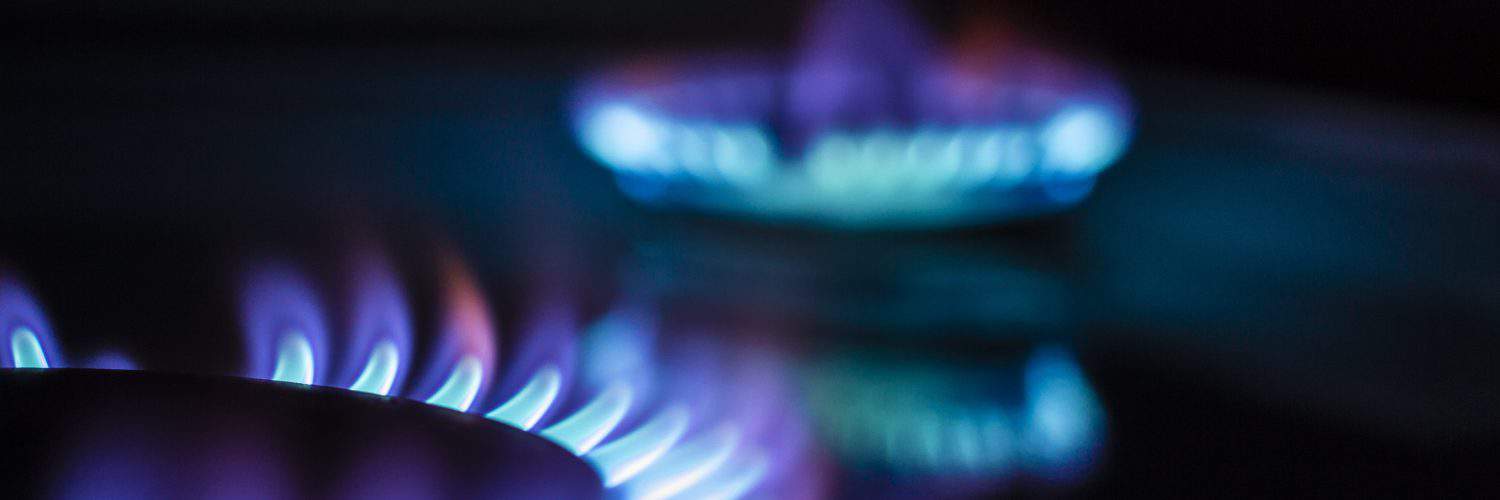After briefly dipping below US$2/MMBtu last week, natural gas futures have rallied higher this week, with Henry Hub prompt-month futures trading at US$2.75/MMBtu as of 1:15pm EDT Thursday afternoon. Cooler weather patterns than previously expected for next week, along with the partial return of the Freeport liquified natural gas (LNG) export facility, has put upward pressure on prices. US LNG export feed demand levels have increased, averaging 12.8 Bcf/d in February, up from an average 12.3 Bcf/d in January and slightly below the March 2022 record high of 12.9 Bcf/d that was set before Freeport was shut down in June 2022 following an explosion. US natural gas production has declined, dropping to 98.2 Bcf/d in February, compared to the November 2022 high of 99.9 Bcf/d, due to temporary freeze offs the first week of February. In addition, we are seeing a reduction in the number of gas rigs due to the plunge in natural gas prices to start 2023.
The EIA estimated working gas storage was 2,114 Bcf for the week ending February 24th, following an overall withdrawal of 81 Bcf. The pull was above market expectations averaging 76 Bcf but was another bearish storage withdrawal compared to the five-year average of 134 Bcf. Storage levels are now 27.1% above year-ago levels and, relative to the five-year average, 19.3% greater. A net withdrawal of 75 Bcf is expected for the week ending tomorrow.
In Canada, the February AECO 5a spot rate settled at C$2.65/GJ, while the February Dawn Next-Day weighted average index rate settled at C$3.14/GJ. Compared to last year, February spot prices have decreased over 40% at both AECO and Dawn, as milder winter temperatures weakened heating demand. Prompt-month futures for AECO are trading at C$2.86/GJ, while Dawn is trading at C$3.68/GJ. Prices have risen, with week-over-week increase of $0.52/GJ and $0.64GJ at AECO and Dawn, respectively. Point Logic reports Canadian natural gas storage for the week ending February 24th was sitting at 396 Bcf, after an overall withdrawal of 23 Bcf. Eastern Canadian storage had a pull of 12 Bcf, while Western Canadian storage had a withdrawal of 11 Bcf. The storage surplus has increased from last week, now 46% above prior-year storage levels and 11% greater than the five-year average. Canadian storage is 45% full, with Eastern storage levels now at 50% of capacity and Western storage at 45%. A net withdrawal of 12 Bcf is expected for the week ending tomorrow.
– Karyn Morrison, Energy Advisor








Add comment